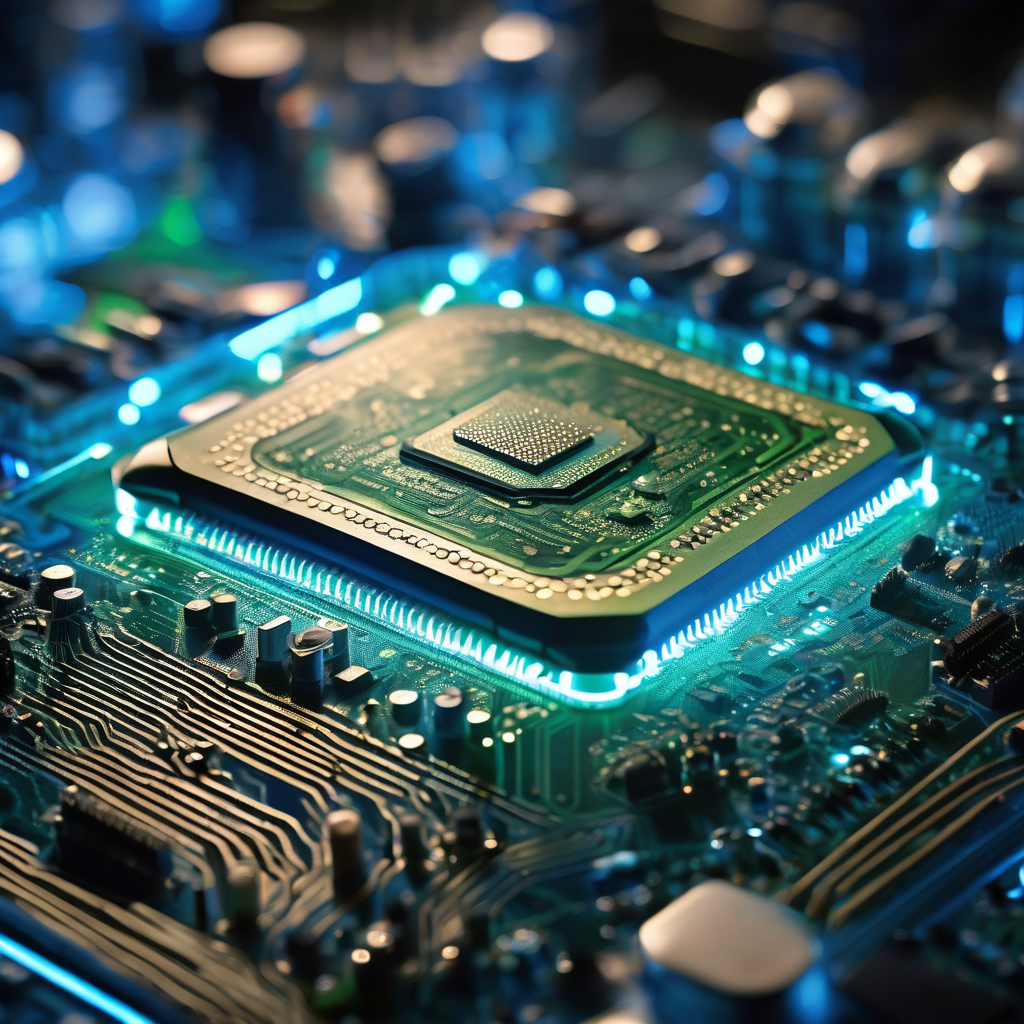
According to a new analysis from the investment bank, the U. S. equity market may have already factored in a large portion of the potential long-term value created by AI. Analysts Dominic Wilson and Vickie Chang note that some “simple arithmetic” indicates market pricing for AI-related gains is “well ahead of the macro impact, ” with the sharp rise in valuations of AI-linked companies nearing the upper bounds of plausible benefits to the overall economy. Although Goldman’s portfolio strategy team acknowledges that company valuations are elevated but not at “bubble levels” yet, adopting a macro perspective helps define the limits of “what is collectively possible. ” What’s a few trillion dollars, really? The report estimates the Present Discounted Value (PDV) of capital revenues generated from generative AI for the U. S. economy at a baseline of $8 trillion. While this figure involves uncertainty, the reasonable range for these future revenues spans from $5 trillion to $19 trillion. Notably, these expected benefits are enough to justify current and projected investment spending on AI-related capital expenditure (capex), a topic of growing concern in financial media. However, market enthusiasm appears to have outpaced these baseline macroeconomic projections significantly. Since ChatGPT’s launch in November 2022, Goldman calculates that the value of companies directly involved in or adjacent to the AI surge has increased by over $19 trillion. This jump includes major gains in semiconductors and among “hyperscalers, ” plus nearly $1 trillion in the latest valuations of the three largest private AI model providers. This total rise in valuation places market gains at the “upper limit of the projected macro benefits” ($19 trillion), greatly exceeding the $8 trillion baseline estimate. In particular, the value increases for AI-related semiconductor firms and private AI model providers—which are more directly attributable to the AI boom—already surpass the $8 trillion baseline estimate for increased capital revenues. Goldman Sachs emphasizes that forward-looking markets are expected to price in gains well ahead of time, calling this “a feature, not a bug. ” Still, the analysts identified two key risks that might encourage “overpaying” for future profits, pointing to two historic precedents: “Past innovation-driven booms—like those in the 1920s and 1990s—caused markets to overpay for future profits despite the innovations being genuine. ” (Goldman did not directly address the subsequent crashes of 1929 or 2000 linked to those booms. ) The two main risks highlighted are: 1.
Fallacy of aggregation: Investors may overestimate aggregate revenue and profits by generalizing the impressive earnings growth of certain companies to all potential winners. This risks assigning combined values to chip makers, model builders, and hyperscalers that exceed what they can collectively achieve. 2. Fallacy of extrapolation: Competition tends to erode initial profit gains from innovation over time. Markets may overvalue long-term earnings growth if they assume short-lived profit spikes are permanent. The fundamental productivity potential of AI remains strong: estimates suggest AI could raise U. S. productivity by about 1. 5 percentage points over ten years, eventually increasing U. S. GDP and earnings levels by roughly 15%. As long as both the broader economy and the AI investment surge stay “on track, ” market optimism is likely to persist. However, apart from hardware, current AI-generated profits remain limited, which could pose risks if expectations fail to materialize swiftly.
Goldman Sachs Analysis: U.S. Equity Market Valuations May Overprice AI-Driven Economic Gains


Google has announced its latest updates to Demand Gen ad tools, featuring AI-powered image and video creation capabilities, enhanced A/B testing, improved suitability controls, and more.

Bank of America (BofA) plans to invest billions in emerging technologies like artificial intelligence (AI) to boost banker productivity and revenue growth.

Axelera AI, a leading Dutch chip manufacturer founded in 2021, has received a significant €61.6 million grant from the EuroHPC Joint Undertaking DARE project to advance its Titania chip, designed specifically for generative AI and computer vision processing.

Tinuiti has officially launched its new AI SEO service, aimed at helping brands effectively navigate the rapidly changing search landscape influenced by advancements in artificial intelligence.

Artificial intelligence (AI) is increasingly playing a crucial role in video marketing, transforming how brands connect with their target audiences.

Although AI agents powered by large language models (LLMs) are relatively new, they have gained significant traction in sales.

A recent comprehensive review evaluating artificial intelligence (AI) in social media marketing (SMM) reveals notable performance gaps between AI-generated content and human-created posts.
Launch your AI-powered team to automate Marketing, Sales & Growth

and get clients on autopilot — from social media and search engines. No ads needed
Begin getting your first leads today